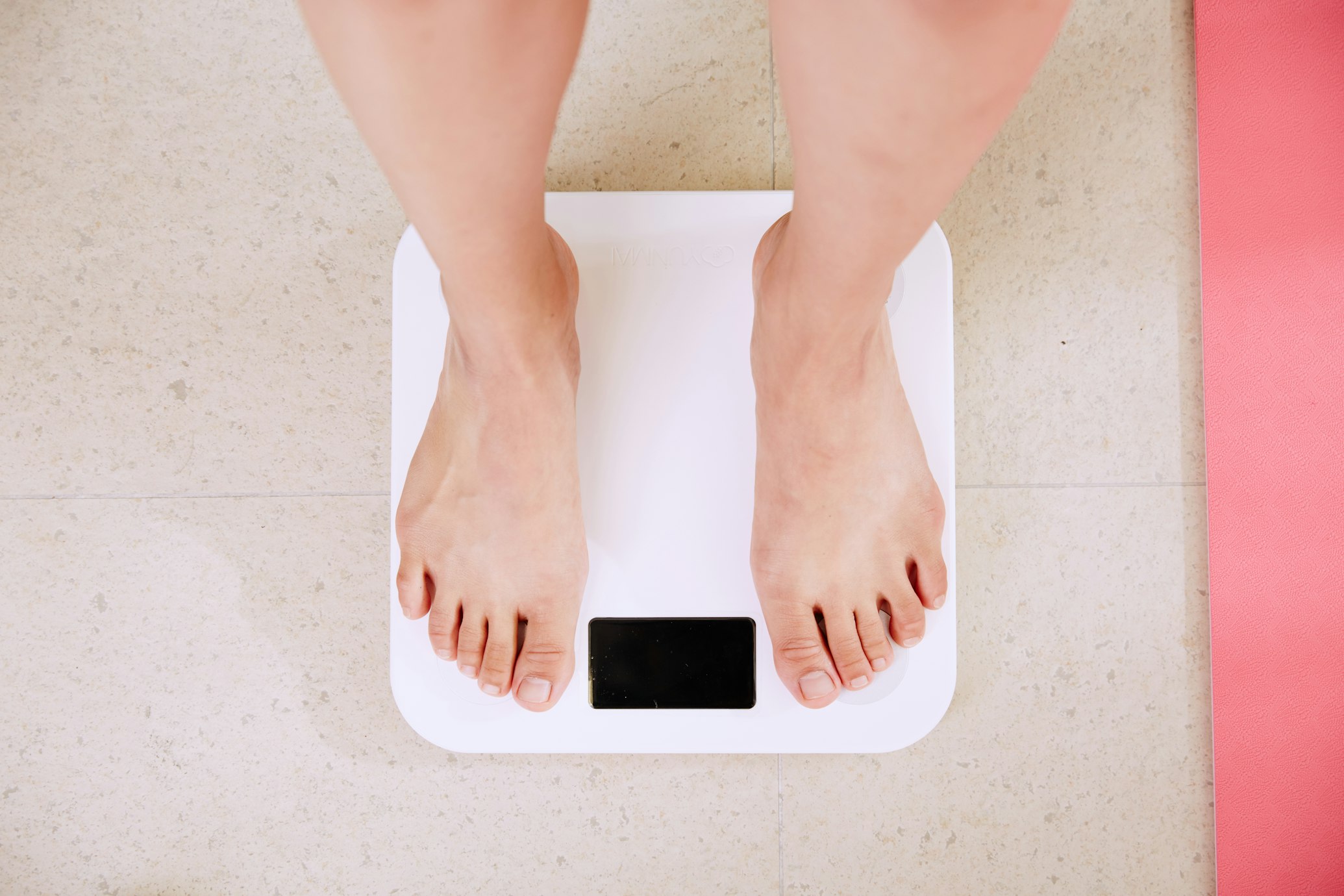How Many Calories Should You Eat to Lose Weight?
Discover the science behind calorie deficit and how to calculate the right amount for your body.
Understand the difference between BMR and TDEE, and why both are crucial for reaching your fitness goals.

When you’re trying to lose weight, build muscle, or simply maintain a healthy lifestyle, you’ll often come across two important terms: BMR (Basal Metabolic Rate) and TDEE (Total Daily Energy Expenditure). They might sound similar, but they play very different roles in your nutrition journey.
BMR is the number of calories your body burns at rest to perform basic functions — breathing, circulation, cell production, and so on. In short, this is what your body needs to survive if you did absolutely nothing all day.
Factors like age, weight, height, and gender influence your BMR. The most common formula used to calculate it is the Mifflin-St Jeor Equation.
BMR (men) = 10 × weight(kg) + 6.25 × height(cm) – 5 × age + 5
BMR (women) = 10 × weight(kg) + 6.25 × height(cm) – 5 × age – 161
TDEE builds on your BMR by adding the energy you burn through movement — from daily steps to workouts and even digestion (called the thermic effect of food). It's the full picture of how many calories you need to maintain your current weight.
Your TDEE depends on your activity level. Use our TDEE Calculator to get a personalized estimate.
Understanding both numbers empowers you to make informed decisions. Want to lose weight? Create a deficit from your TDEE. Want to maintain weight? Eat close to your TDEE. Want to bulk? Eat above it — but know your BMR helps you avoid under- or overestimating.
Example: If your BMR is 1,400 and you're moderately active (×1.55), your TDEE would be ~2,170. To lose weight, you might aim for 1,700–1,900 calories/day.
Use our free tools to get started:

Discover the science behind calorie deficit and how to calculate the right amount for your body.

Understand the difference between your resting metabolic rate and daily energy expenditure.

Learn how to lose fat while maintaining lean body mass with the right protein and workout approach.

Use our hydration tips to calculate your daily water needs and stay energized all day.

BMI can be helpful—but not perfect. Find out how to interpret your results accurately.

Whether for weight loss or muscle gain—get the exact grams your body needs.

Is skipping meals really healthy? Science says yes—if done correctly. Learn more.

Save time and burn fat with easy-to-follow meal prep strategies for busy lifestyles.

Are all calories equal? Discover how protein, carbs, and fats affect your body differently.

Walking is powerful. Learn how far you need to go to reach your fitness goals.

Weight changes? Workout routine updated? Here’s how to update your daily calorie needs.

Still stuck? Learn about metabolic adaptation and how to break through plateaus.